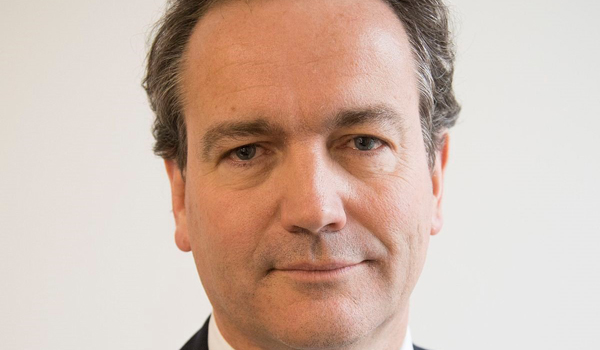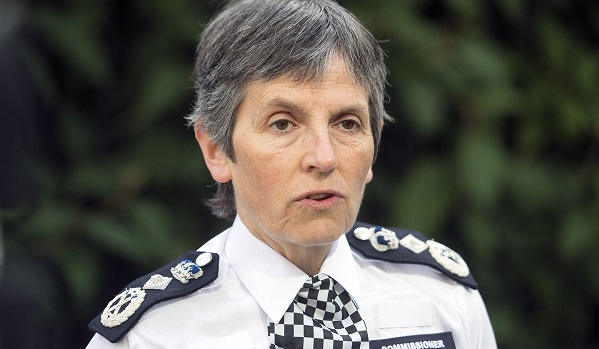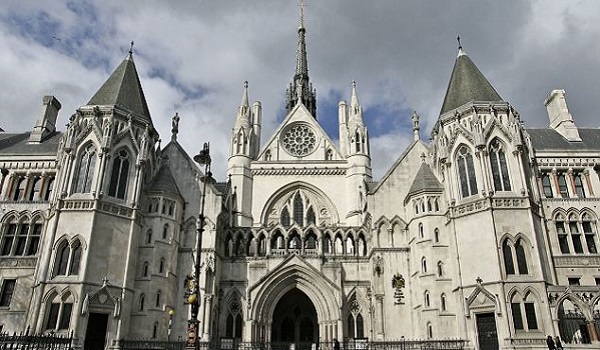Police curbs on protest noise neither 'necessary or proportionate', says JCHR
Allowing police to impose conditions on protests based on the level of noise they produce is neither “necessary or proportionate”, a cross-party group of MPs and peers has warned.
The new powers are contained within the Government’s Police, Crime, Sentencing and Courts Bill (Part 3), but a report by the Joint Committee on Human Rights (JCHR) says this and other clauses would curb non-violent protest in a way that is inconsistent with our human rights and is “deeply concerning”.
The committee said that the proposals about noise, powers to impose conditions on one-person protests and clauses that increase penalties for breaching conditions placed on protests should all be dropped.
A statement issued by the JCHR said: “A new trigger for imposing conditions based on noise strikes at the very heart of why people gather together to protest – to have their voices heard. Demonstrations with the greatest public backing could be disproportionately impacted by this expansion of police powers to move the location of a demonstration, limit its numbers, duration or even silence chants.”
The committee further noted that some parts of the Bill, such as the use of the term “serious disruption” have the potential to cause confusion: “Using multiple terms that are open to wide interpretation leaves the law unclear for police and protestor.”
The chair of the JCHR, Harriet Harman MP said: “One of our most fundamental rights is to protest. It is the essence of our democracy. To do that, we need to make ourselves heard. The Government proposals to allow police to restrict “noisy” protests are oppressive and wrong.
“The Government put forward new powers in area areas where the police already have access to powers and offences which are perfectly adequate. The Government has served up confusion where clarity and precision is essential.
“Noisy protests are the exercises of the lungs of a healthy democracy. They should not be treated as an inconvenience by those in power. We are calling for the right to protest peacefully to be given explicit statutory protection.”
A Home Office spokesperson said: “The right to protest is a cornerstone of our democracy. Our proposed measures are in line with human rights legislation and in no way impinge on the right to protest.
“Public order legislation is out of date, and the use of disruptive and dangerous tactics – including obstructing emergency vehicles or blocking the free press – costs millions to the taxpayer and causes misery to businesses and local communities.
“These measures – which are backed by the police and were supported by the NPCC ( National Police Chiefs’ Council) in oral evidence to this committee – will enable police to better manage demonstrations so that legitimate protest groups can make their voices heard without disrupting the lives and livelihoods of others.”







